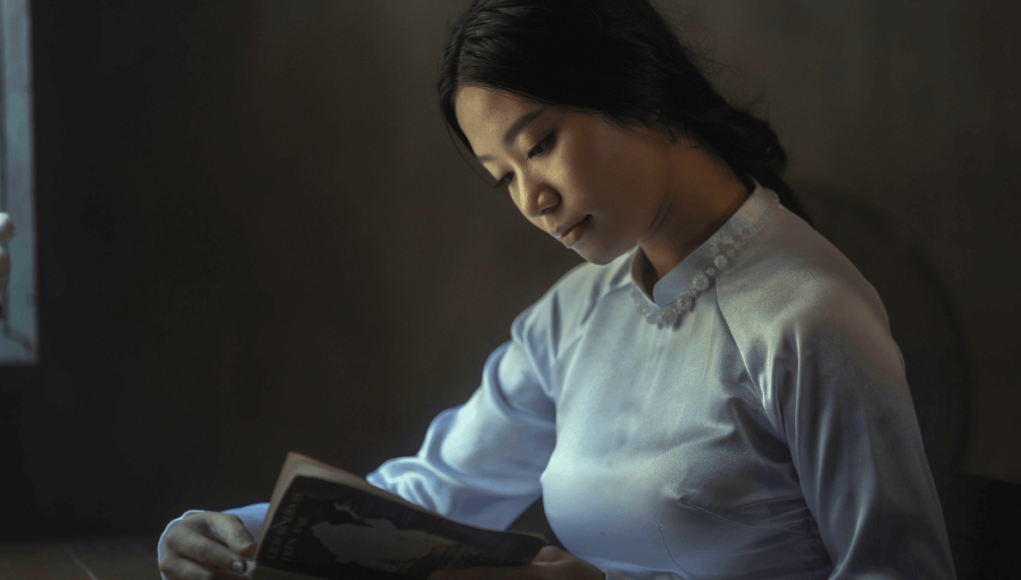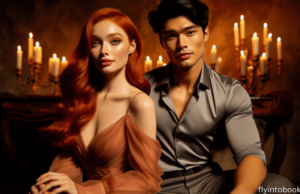Get Ready to Go on a Cultural Journey:
Join Our Newsletter and Discover Fascinating Destinations and Literary Adventures That Will Ignite Your Imagination!
Affiliate Disclosure: As an Amazon Associate, I earn from qualifying purchases. If you choose to purchase after clicking a link, I may receive a commission at no extra cost to you.
Introduction
If you’re intrigued by the rich and captivating world of Korean literature, you’re in for a treat! Korean literature offers a diverse range of stories, spanning various genres and periods, which provide a unique insight into Korean culture and society. Whether you’re a seasoned reader or just starting your literary journey, this beginner’s guide will help you navigate the world of Korean literature and discover some of its most notable works. So, let’s dive in and explore where to start and what to read in Korean literature!
Why Explore Korean Literature?
Before we delve into the fascinating realm of Korean literature, you might wonder why it’s worth exploring in the first place. Well, Korean literature boasts a rich tapestry of storytelling, weaving together historical, cultural, and social elements unique to Korea. By immersing yourself in Korean literature, you’ll gain a deeper understanding of Korean traditions, values, and perspectives.
A Beginner’s Guide to Korean Literature: Where to Start and What to Read
1. The Classic: “The Cloud Dream of the Nine” by Kim Man-Jung
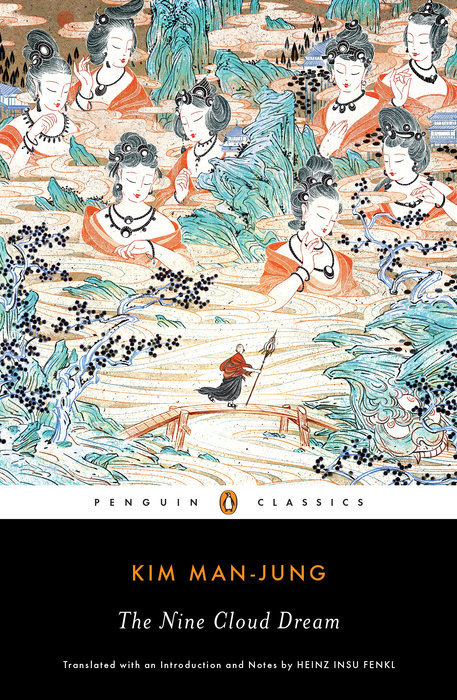
If you’re looking for a classic piece of Korean literature, “The Cloud Dream of the Nine” is an excellent starting point. Written by Kim Man-Jung in the 17th century, this poetic masterpiece explores the themes of love, spirituality, and the pursuit of enlightenment. It takes readers on a mesmerizing journey through dreamlike landscapes and offers insights into Confucian philosophy.
2. A Tale of Love and Sorrow: “The Vegetarian” by Han Kang
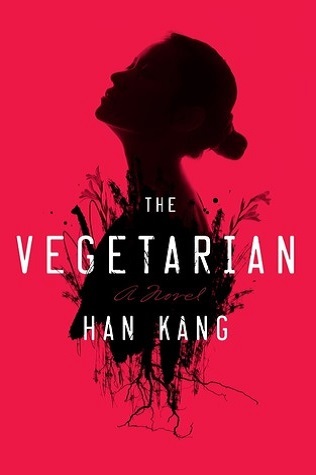
For a contemporary and thought-provoking read, “The Vegetarian” by Han Kang is a must. This internationally acclaimed novel delves into the life of Yeong-hye, a woman who decides to become a vegetarian after having a recurring dream. Through Yeong-hye’s story, the author explores themes of identity, rebellion, and societal expectations.
3. Mythical Adventures: “The Memoirs of Lady Hyegyong” by Lady Hyegyong
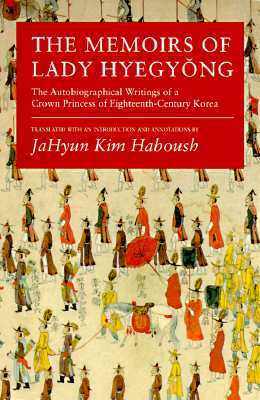
If you’re interested in historical accounts, “The Memoirs of Lady Hyegyong” offers a fascinating glimpse into the Joseon Dynasty. Lady Hyegyong, the author and wife of Crown Prince Sado, vividly recounts her life within the royal court, filled with political intrigues and personal tragedies. This memoir serves as a valuable historical document and a captivating read.
4. Modern Reflections: “Please Look After Mom” by Kyung-Sook Shin
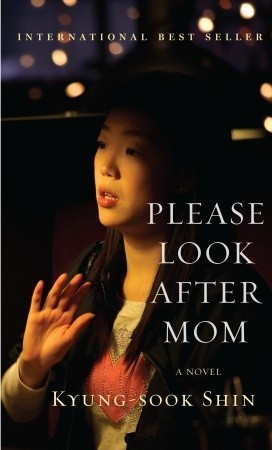
“Please Look After Mom” by Kyung-Sook Shin is a poignant and emotionally charged novel that explores the dynamics of family relationships. When their mother goes missing, her family realizes how little they truly knew about her and the sacrifices she made. This introspective work reflects on the roles of women in Korean society and the importance of family bonds.
5. Epic Fantasy: “The Bird That Drinks Tears” by Jung-myung Lee
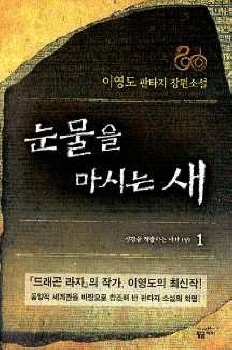
If you’re a fan of fantasy novels, “The Bird That Drinks Tears” will transport you to a realm of magic and adventure. Written by Jung-myung Lee, this epic tale follows a young boy named Kyungmin as he embarks on a quest to save his sister from a mysterious illness. Set against the backdrop of ancient Korea, this enchanting story combines folklore, mythology, and breathtaking imagery.
6. Reflective Poetry: “Flowers of a Moment” by Ko Un
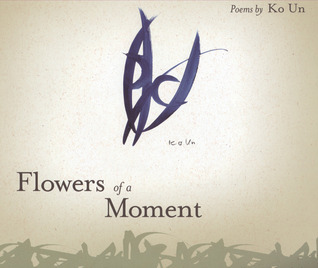
For those seeking the beauty and introspection of Korean poetry, “Flowers of a Moment” by Ko Un is a highly regarded collection. Ko Un, one of Korea’s most celebrated poets, takes readers on a contemplative journey through his verses. With themes of nature, spirituality, and the human condition, this collection invites readers to reflect and find solace in the power of words.
7. Historical Fiction: “Pachinko” by Min Jin Lee
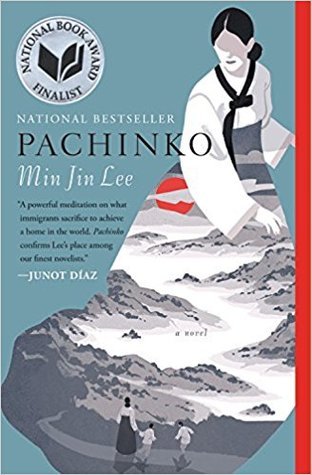
If you’re drawn to sweeping sagas set against a historical backdrop, “Pachinko” by Min Jin Lee is a novel worth exploring. This captivating tale follows four generations of a Korean family living in Japan, navigating the complexities of identity, discrimination, and resilience. Through vivid characters and intricate storytelling, Min Jin Lee sheds light on the Korean immigrant experience.
8. Psychological Thriller: “The Good Son” by You-Jeong Jeong
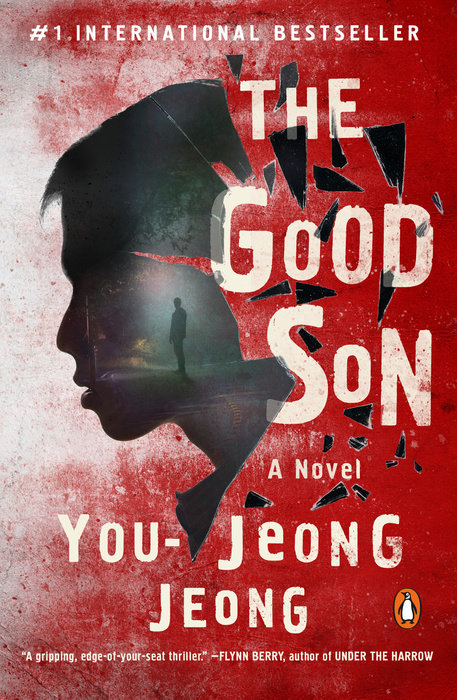
If you’re in the mood for a gripping psychological thriller, “The Good Son” by You-Jeong Jeong is sure to keep you on the edge of your seat. This suspenseful novel follows Yu-jin, a young man with a troubled past who wakes up covered in blood and discovers his mother’s lifeless body. As he unravels the truth behind the events, dark secrets and psychological twists come to light.
9. Graphic Novel: “Moss” by Yoon Tae-ho
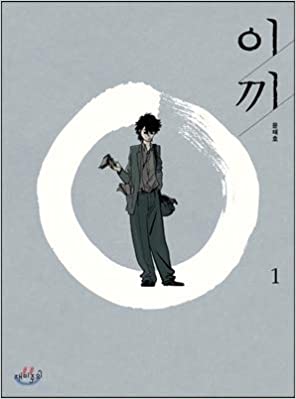
For those who enjoy the visual storytelling of graphic novels, “Moss” by Yoon Tae-ho is a captivating choice. Set in a small Korean village, this graphic novel follows the lives of various characters as they navigate the complexities of human relationships and societal expectations. Yoon Tae-ho’s masterful artwork and nuanced storytelling make “Moss” a unique and engaging read.
Read More: Famous Korean Romance Novels in English: Discovering Timeless Love Stories
10. Coming-of-Age Tale: “I’ll Be Right There” by Kyung-Sook Shin
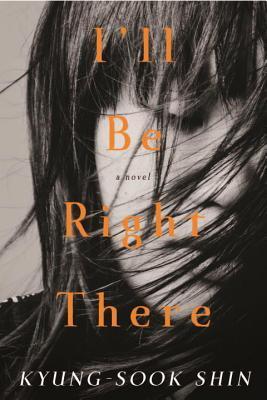
“I’ll Be Right There” by Kyung-Sook Shin is a beautifully written coming-of-age novel that explores themes of friendship, loss, and self-discovery. Set against the backdrop of political unrest in 1980s South Korea, the story follows Jung Yoon as she navigates her relationships with her friends and confronts the ghosts of her past. Kyung-Sook Shin’s evocative prose makes this novel a poignant and reflective read.
FAQs about Korean Literature
A: Korean literature offers a distinct perspective shaped by the country’s history, culture, and societal norms. It often delves into themes of Confucianism, family dynamics, and the search for identity, providing readers with a rich and nuanced reading experience.
A: Yes, many Korean literary works have been translated into English, allowing readers around the world to explore and appreciate the beauty of Korean literature. Publishers like Dalkey Archive Press and Penguin Books offer a wide selection of translated Korean novels, poems, and short stories.
A: Several Korean authors have gained international acclaim for their literary works. Some notable names include Han Kang, Kyung-Sook Shin, Min Jin Lee, and Bae Suah, whose novels have been widely translated and appreciated by readers worldwide.
A: Absolutely! While a basic understanding of Korean history and culture can enhance your reading experience, it is not a prerequisite to enjoying Korean literature. Each work can stand on its own, offering unique insights and storytelling that can be appreciated by readers from various backgrounds.
A: Yes, there are several anthologies and collections that provide a comprehensive overview of Korean literature. “The Columbia Anthology of Modern Korean Literature” edited by David McCann and “Korean Literature in Translation” edited by Bruce Fulton and Youngmin Kwon are excellent starting points for exploring a wide range of Korean literary works.
A: To deepen your understanding of Korean literature, you can explore literary magazines and journals dedicated to Korean writing, such as “Korean Literature Now” and “Azalea: Journal of Korean Literature and Culture.” Additionally, attending literary events, book fairs, and connecting with online communities can introduce you to new voices and recommendations.
Your Journey into the World of Korean Literature Begins!
Congratulations! You have now embarked on an exciting journey into the captivating realm of Korean literature. From the timeless classics to the contemporary gems, you have been introduced to a diverse range of literary works that reflect the beauty, depth, and uniqueness of Korean storytelling.
Now, it’s your turn to dive deeper. Which of these recommended books has caught your attention? Are you intrigued by the poetic verses of Ko un or the immersive historical saga of Min Jin Lee’s “Pachinko”? Or perhaps you’re drawn to the psychological twists of You-Jeong Jeong’s “The Good Son”?
We would love to hear from you! Share your thoughts, recommendations, and experiences with Korean literature in the comments section below. Have you already read any Korean novels, poetry collections, or short stories? Which ones would you add to this list?
Remember, the world of Korean literature is vast and ever-expanding, and your contributions can help fellow readers discover hidden literary treasures. So, let’s engage in a vibrant discussion and celebrate the beauty and power of Korean storytelling together!
Happy reading, and may your journey through Korean literature be filled with profound insights, memorable characters, and unforgettable narratives.
Let me know below!!
Happy Reading!
A.J. McMahon
.
.
.
Let’s Connect!
– GoodReads: A.J. McMahon
– Instagram: FlyIntoBooks
– Pinterest: FlyIntoBooks
– Facebook: FlyIntoBooks
– Twitter: @FlyIntoBooks
Affiliate Disclosure: As an Amazon Associate, I earn from qualifying purchases. If you choose to purchase after clicking a link, I may receive a commission at no extra cost to you.
Get Ready to Go on a Cultural Journey:
Join Our Newsletter and Discover Fascinating Destinations and Literary Adventures That Will Ignite Your Imagination!

